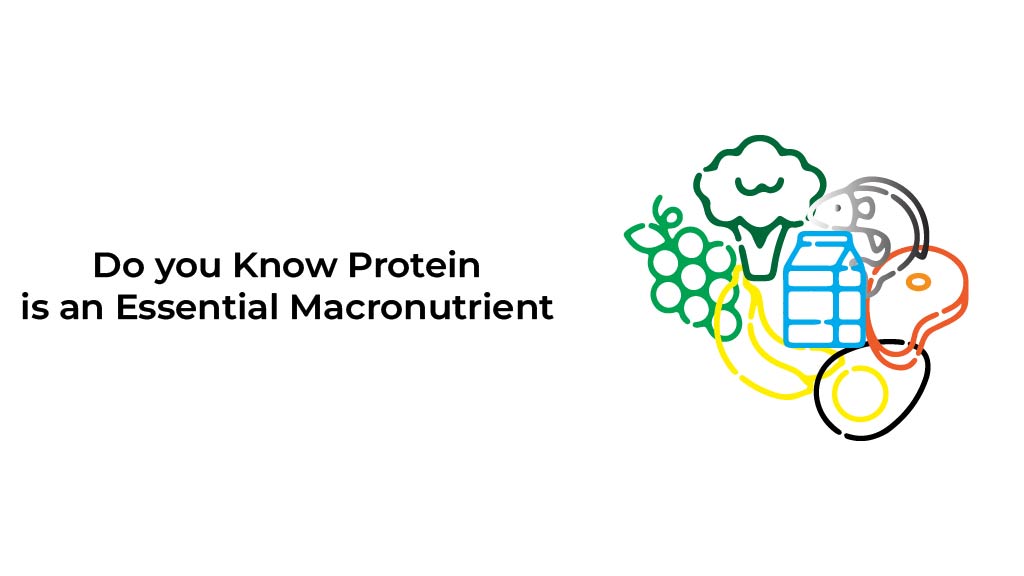
Pistachio is a member/part of the cashew family and originated from Central Asia and the Middle East. A small tree produces seeds that are consumed as food. Pistachio vera is known as pistachio.
Nutritional Information
100g of Pistachio raw, nuts; Calories 562kcal Carbohydrate 27.51g Sugars 7g Dietary fiber 10g Fat 45g Protein 20g Niacin 1.3mg Vitamin B6 1.7mg Folate 51mcg Vitamin C 5.6mg Vitamin E 2.3mg Vitamin K 13mcg Calcium 105mg Iron 4mg Magnesium 121mg Manganese 1.2mg Phosphorous 490mg Potassium 1025mg Zinc 2.2mg Water 4g They are called nuts, but actually, they are seeds. Pistachio kernels have different colors, ranging from yellow to green. Vitamins and minerals that pistachio contain; ⦁ Manganese ⦁ Copper ⦁ Phosphorous ⦁ Vitamin B6 ⦁ Potassium ⦁ ThiamineHealth benefits of Pistachio
There are several health benefits of pistachio;1. Rich in antioxidants
Pistachio is rich in antioxidants. High level of unsaturated fatty acid and potassium. Both have antioxidants and anti-inflammatory properties. They prevent cell damage from free radicals and reduce many diseases’ risks. Pistachio also contains lutein and zeaxanthin; both are good for eye health. They protect against eyes damage caused by blue light and age-related degeneration. Improve your vision. The most abundant antioxidants in pistachio, polyphenols and tocopherol may help protect from cancer and heart diseases. Antioxidants are very easy in the stomach and easily absorbed during digestion.2. High in protein
Pistachio fulfils the daily requirement of protein. Pistachios boost the essential amino acids that are the building blocks of protein. Amino acids are crucial, but our body cannot make them, so you must obtain this from diet/food.3. Aid weight loss
Pistachio is an energy-dense food and very friendly to weigh-loss. Pistachio is rich in protein and fiber, which enhance your feeling of fullness and assist you to eat less. Prefer to eat shelled pistachio because shelling the nuts take time and less eating. These are nutrition satisfying snacks.4. Promote healthy gut bacteria
Pistachios are rich in fiber, and fiber moves through the digestive tract primarily undigested. Some fiber is digested by good bacteria in the gut and acts as prebiotics. Gut bacteria breakdown the fiber into short-chain fatty acids, which aids in many health benefits such as; ⦁ Reduce the risk of digestive disorders ⦁ Certain cancers ⦁ Heart diseases Pistachio increases the number of good bacteria in the gut.5. Reduce blood pressure
Pistachio lowers the cholesterol level and controls the blood pressure, reducing the risk of heart diseases. Many studies show the cholesterol-lowering effect of pistachio.6. Promote blood vessel health
Endothelial is the internal lining of blood vessels. Dysfunction of endothelial is a risk for heart diseases. It is characterized by reduced vasodilation, which reduces blood flow. Vasodilation is the widening of blood vessels. Nitric oxide is a compound that plays a vital role in vasodilation. Pistachios are the best source of amino acid L-arginine, converted into nitric oxide in the body. Thus, they promote blood vessel health. Proper blood flow is significant for many functions of the body.7.Lower blood glucose level
Pistachio has a low glycemic index that is good for diabetic patients. Many studies show that eating pistachio may help promote healthy blood sugar levels. Pistachio nuts are rich in antioxidants, healthy fats, carotenoids, fiber and phenolic compounds; these all are beneficial for blood sugar control.8. Reduce cancer risk
Pistachios reduce the risk of colon cancer due to the high amount of fiber. The daily diet of pistachio can reduce the risk of certain cancers. ⦁ Ease constipation: Pistachios are rich in fiber, which help to reduce constipation. Nuts intolerance people may experience digestive issues; ⦁ Diarrhea ⦁ Bloating ⦁ Gas ⦁ Stomach cramps9. Keep the nervous system healthy
Pistachio is the best source of vitamin B6, which helps make myelin sheath which protects nerve cells, thus protecting the nervous system and enhancing their functions. Consumption of pistachio helps in calming the nerves.10. Boost immune system
Vitamin B6 in pistachio produces healthy red blood cells, ensuring the lymph and spleen are in the best conditions. It may fight against many infections and free radicals. And keeping the body shielded and protected.11. Makes hair healthy
Pistachio is rich in Biotin. Biotin essentially fights against hair loss and make the hairs shinier and strong. It also nourishes dry and dull hair. Treat split ends and conditions your hair. Pistachios are rich in fatty acids that promote hair growth.12.Reduces premature ageing
Pistachio moisturize and nourish your skin. Vitamin E in pistachio gets rid of dryness, which acts as anti-ageing. Pistachio oil massage is very best for the skin.Other potential benefits:
⦁ Release energy slowly ⦁ Helps to recover muscles after exercise ⦁ High in vitamin E ⦁ Treat the people of Alzheimer’s disease and Parkinson’s diseaseRisk factors:
Pistachios are healthy, but the artificial additives and high sodium or sugar content undo the health benefits of pistachio. Some of the risk factors include; ⦁ Digestive problems ⦁ Gastrointestinal problems (bloating, diarrhea, abdominal pain, constipation) ⦁ Nausea ⦁ Increases blood pressure ⦁ Heart attack risk ⦁ Stroke ⦁ Weight gain ⦁ Kidney problemsReferences:
- https://en.wikipedia.org/wiki/Pistachio
- https://www.healthline.com/nutrition/9-benefits-of-pistachios
- https://www.webmd.com/food-recipes/benefits-pistachios
- https://www.medicalnewstoday.com/articles/322899
- https://www.bebeautiful.in/all-things-lifestyle/health-and-wellness/benefits-of-pistachio
- https://www.lybrate.com/topic/benefits-of-pistachio-and-its-side-effects